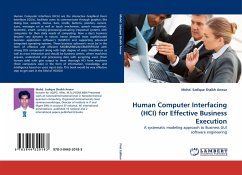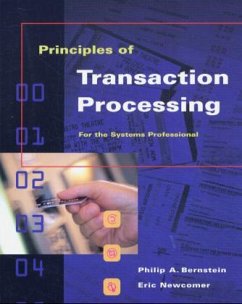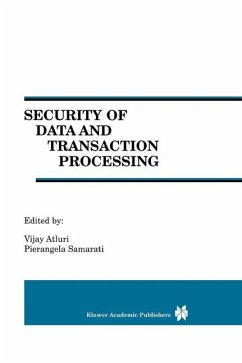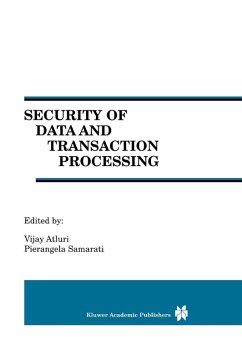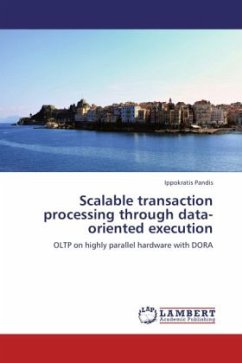
Scalable transaction processing through data-oriented execution
OLTP on highly parallel hardware with DORA
Versandkostenfrei!
Versandfertig in 6-10 Tagen
52,99 €
inkl. MwSt.

PAYBACK Punkte
26 °P sammeln!
Data management technology changes the world we live in by providing efficient access to huge volumes of constantly changing data and by enabling sophisticated analysis of those data. In parallel, we witness a tremendous shift in the underlying hardware technology toward highly parallel multicore processors. Data management systems need to fully exploit the abundantly available hardware parallelism. Transaction processing is one of the most important and challenging database workloads and this dissertation contributes to the quest for scalable transaction processing software. It shows that con...
Data management technology changes the world we live in by providing efficient access to huge volumes of constantly changing data and by enabling sophisticated analysis of those data. In parallel, we witness a tremendous shift in the underlying hardware technology toward highly parallel multicore processors. Data management systems need to fully exploit the abundantly available hardware parallelism. Transaction processing is one of the most important and challenging database workloads and this dissertation contributes to the quest for scalable transaction processing software. It shows that conventional transaction processing has inherent scalability limitations due to the unpredictable access patterns caused by the request-oriented execution model it follows. Instead, it proposes adopting a data-oriented execution model, and shows that transaction processing systems designed around data-oriented execution break the inherent limitations of conventional execution. The data-orienteddesign paves the way for transaction processing systems to maintain scalability as parallelism increases for the foreseeable future; as hardware parallelism increases, the benefits will only increase.



